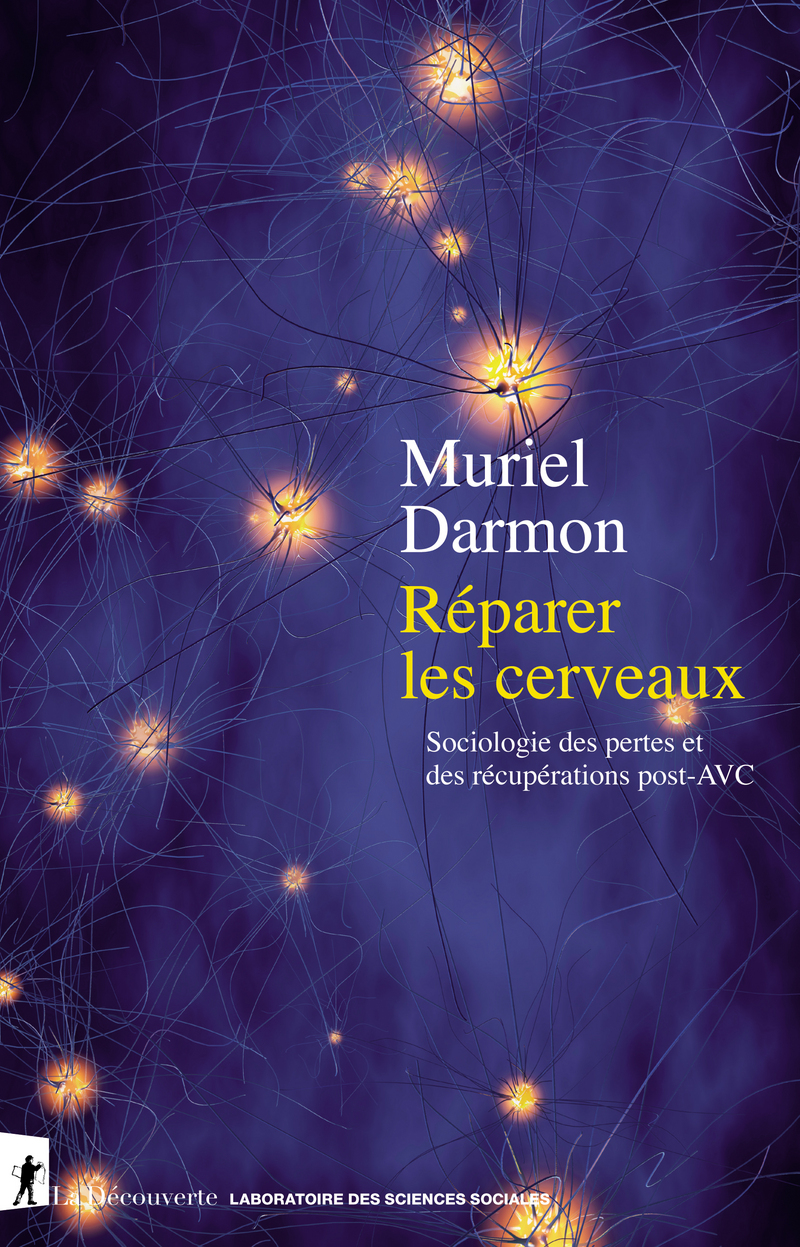Publication — Réparer les cerveaux (Repairing Brains) (2021)
Sociology of Post-Stroke Loss and Recovery
Stroke is the leading cause of acquired disability in adults. It can abruptly eliminate or prevent, temporarily or permanently, a large number of everyday abilities in a wide variety of physical and intellectual domains: walking, swallowing, planning, reading, grasping, etc. Because it affects acquired skills, stroke can appear as a biological attack on the social, which erases its effects by resetting experiences, skills and dispositions, in other words as an equalizing accident that cancels out social differences between individuals.
However, at the same age and with the same severity of cerebral lesions, the after-effects will not be the same if the patient is a man or a woman, a worker or a senior executive, if the recovery of his or her abilities is of great or lesser value in the eyes of those involved in rehabilitation, and if the stroke has left him or her with an easy or difficult relationship to school learning methods.
In order to highlight and explain these phenomena, Muriel Darmon conducted an in-depth study in a neurology department of a university hospital and with the various specialists – physiotherapists, occupational therapists, speech therapists, neuropsychologists, etc. – of two rehabilitation centres. – of two rehabilitation centers. By following the post-stroke journey of patients in these units and the astonishing “technical platforms” designed to promote their relearning, this book shows that, beyond what seems to be lost, the social persists in individuals and resists biological damage.

